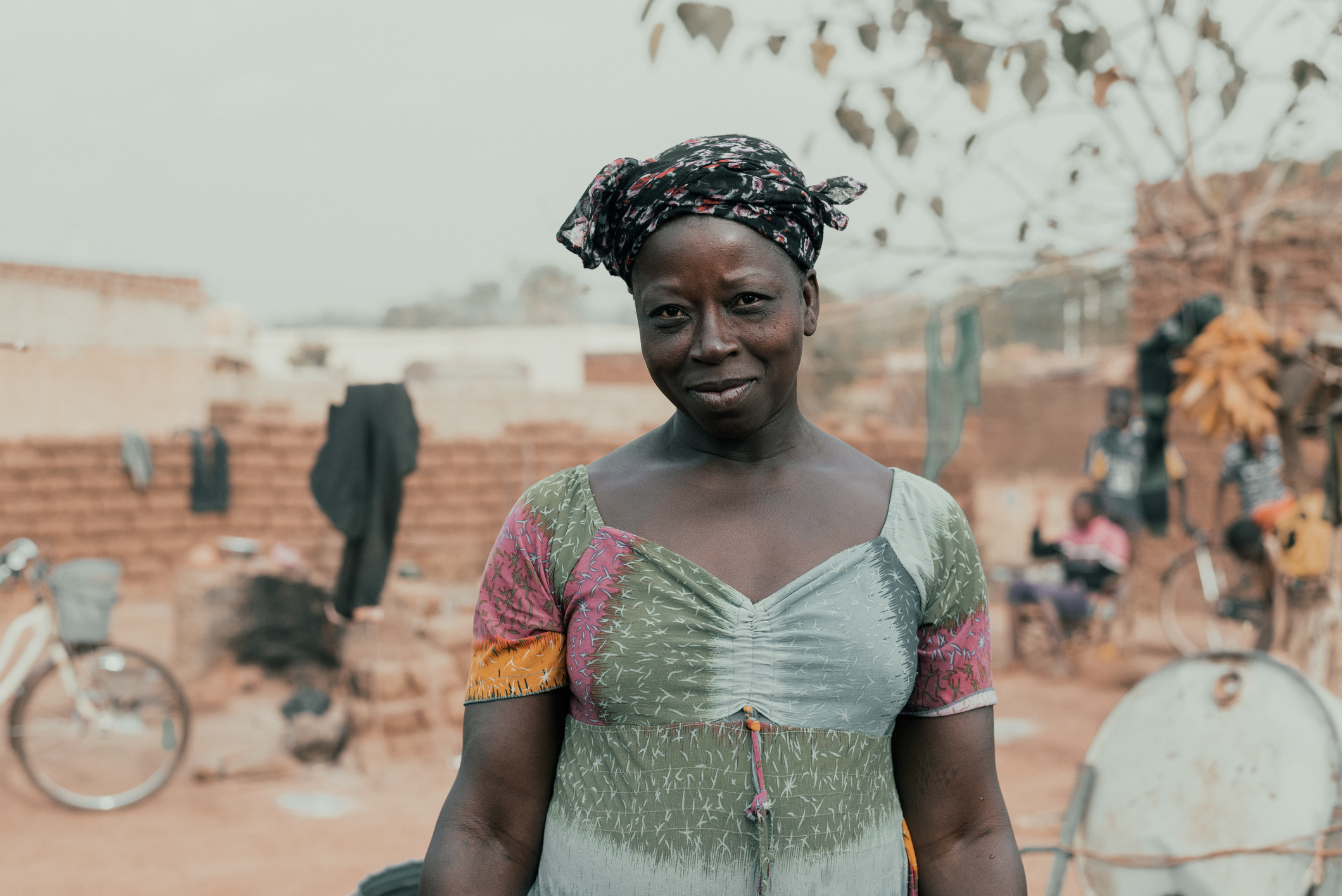
Building Resilience, Growing Change: Rural Women Leading the Way in Liptako, Burkina Faso
Rural women play a fundamental role in safeguarding our ecosystems. In sub-Saharan Africa, they are generally responsible for market gardening and raising small ruminants, in addition to their domestic duties, such as caring for children and the elderly, collecting water for all family members, and maintaining the household.
Often responsible for their families’ food security, sub-Saharan women face systemic challenges that greatly limit their economic empowerment and fulfillment.
Difficulties in accessing land and credit, illiteracy, social norms that prevent them from moving freely or trading, and a lack of knowledge of the best techniques for efficiently carrying out their activities ; there are many challenges preventing rural women from fully exercising their role!
Women in Burkina Faso’s Liptako region face the same realities. They are responsible for meeting the needs of their households and spend between 10 and 12 hours a day on domestic tasks[1]. In the realm of production, rural women constitute a vital labor force—especially in agriculture—where their contributions are central, not supplementary.
Often taken for granted, women’s work, whether it be subsistence farming, animal husbandry, catering, crafts and selling products at markets, education or domestic work, is expected by the community, without women being able to benefit from the rewards of this work.
In fact, the income or harvests from their activities are generally spent on the family, or sometimes even given directly to their husbands, with no possibility of the money being reinvested in equipment, working capital, or training.
Limited by difficult access to production factors and technical knowledge regardless of the activity they engage in, women find it difficult to start profitable businesses and improve their yields, despite their knowledge of the land and their desire to be economic actors in their communities.
In addition, climate change disproportionately affects rural women: 70% of women in Liptako are responsible for finding water for their families[2]. While meeting the household’s food and water needs, they also do so for their animals and crops, which is no easy task in a context where water sources are becoming scarce due to intensifying droughts.
Indeed, in the context of Liptako in particular, the figures speak for themselves: temperatures from April to June have risen by 1.4°C since 1950. Rainfall has become more irregular and intense: the frequency of rain and storms in the region has tripled since the 1980s, causing flooding and land degradation. Studies are unequivocal: climate change directly affects agriculture and food security, to the point where researchers anticipate a 10-15% decline in agricultural yields by 2050. [3]
However, there are solutions and transformative approaches to address both the climate crisis and the economic empowerment of women.
In the Liptako region, livestock farming and market gardening are activities in which women excel, with female livestock farmers estimated to account for 41.2% of the population[4]. In this context, the Socio-Economic Empowerment of Vulnerable Populations (ESEPV) project, implemented by Cowater International and funded by Global Affairs Canada and IAMGOLD, directly supports women’s and youth-led businesses to enable them to carry out their economic activities in a profitable and sustainable manner.
As such, the project is currently selecting 25 businesses in the sectors of market gardening, livestock farming, milk production, and sanitation in the three municipalities of Dori, Falagountou, and Gorom-Gorom.
After assessing their organizational and financial capacities, the ESEPV project will support these businesses by developing tailored support plans. This support will include producing a business plan, raising funds using financial instruments adapted to their circumstances, and a capacity-building plan that emphasizes the adoption of good practices in production, processing, and marketing. These practices will be rooted in an approach of climate change resilience, using the best methods for rational water use and selecting plant and animal species that are resistant to heat and climate hazards. The promotion of market gardening and circular agriculture also makes it possible to combat desertification in a sustainable manner and restore the quality of damaged soils.
However, direct support for businesses alone cannot overcome the social barriers that rural women face when they want to start a business. In order to change attitudes and gender norms within communities, the ESEPV project has set up and trained panelist clubs. These groups are composed of community leaders (village development advisors, imams, village chiefs, priests, representatives of women’s civil society organizations, etc.). With the objective of transforming discriminatory social norms, these power holders and role models are responsible for informing and raising awareness among communities about the obstacles that disadvantage women and girls.
This approach, based on intervention led by and for communities, is essential to bringing about lasting improvements in the living conditions of rural women in Liptako. The widespread enthusiasm sparked by the project—among both women and men—clearly shows that collective action is the key to protecting our territories and building a future that is decent, equitable, and prosperous for all.
[1] Information from the ESEPV Project
[2] Information from the ESEPV Project
[3] UK centre for Ecology & Hydrology, 2023
[4] Information from the ESEPV Project




